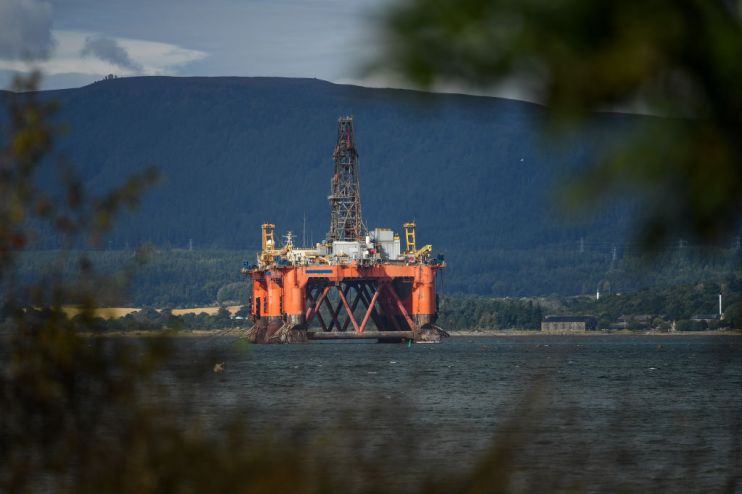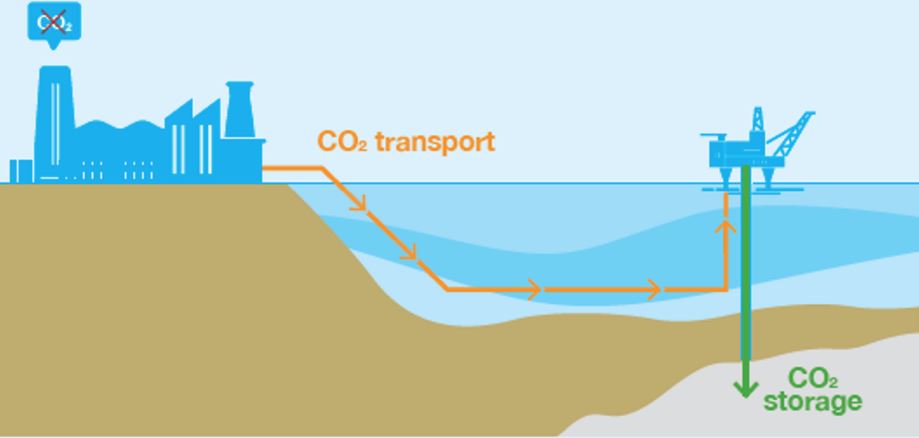BP: Oil and gas giant takes 40 per cent stake in massive UK carbon capture and storage project

BP has snapped up a hefty stake in a major upcoming carbon capture project from Harbour Energy, bringing more focus to the nascent method of decarbonisation.
The energy giant is aiming to meet its investment targets in the UK, and has committed to spending £18bn on domestic energy projects over the current decade amid bumper profits from oil and gas trading.
It has acquired a 40 per cent holding in the Viking CCS project, which aims to meet up to a third of the UK’s annual target of capturing 30m tonnes of carbon dioxide by the end of the decade.
Harbour has raised concerns over the UK’s investment climate, and suggested it could diversify its business to more international projects – but has remained committed to the Viking CCS project.
The fee is undisclosed – but it is understood BP will operate the project with Harbour, which is the largest UK-based oil and gas producer in the North Sea.
Carbon capture and storage is used to reduce carbon emissions through capturing CO2 produced by power generation or industrial activity, such as steel or cement making, which is then transported and stored deep underground.
In the case of the Viking CCS, the project looks to repurpose old depleted gas fields off the Humber region coast, and ship in additional CO2 emissions from other parts of the UK and abroad through the port of Immingham on England’s north-east coast.
Viking CCS’ gas fields recently had its total capacity of 300m tonnes of CO2 storage independently verified.
Both companies already share an interest in the Lincolnshire Offshore Gas Gathering System pipeline which is intended to be repurposed as part of the project.

High hopes for Viking in carbon capture push
The government recently unveiled £20bn of funding for CCS projects and carbon capture, storage and usage projects – selecting multiple winners for its Track 1 first phase approval window.
The Viking CCS project has been highlighted by the government as one of two leading contenders for the Track 2 process alongside the Scottish Acorn project which is also overseen by Harbour.
This is the next stage of the government’s CCS cluster sequencing process – which was launched by the government earlier this year.
Subject to the outcome of the Track 2 process, a final investment decision on the project is expected in 2024 – which could be operational as early as 2027 and potentially storing up to 10m tonnes of C02 per year by 2030.
Harbour believe the delivery of the Viking project could potentially unlock up to £7bn of investment across the full CO2 capture, transport, and storage value chain over the next decade, and creating over 10,000 jobs during construction.
Linda Z Cook, chief executive of Harbour Energy, said: “We welcome the UK government’s recent announcement about the launch of Track 2 and the addition of bp as a partner to this transformational project. Viking CCS has the potential to unlock billions of pounds of investment across the full CCS value chain and is crucial for the UK to meet its emissions reduction targets.”
Louise Kingham, SVP Europe and head of country UK for BP, added: “Our entry into Viking CCS demonstrates bp’s commitment to backing Britain through substantial investment and helping the country achieve its net zero goals. Viking CCS could help create thousands of new local jobs and enable supply chains that support growth of CCS in the UK.”